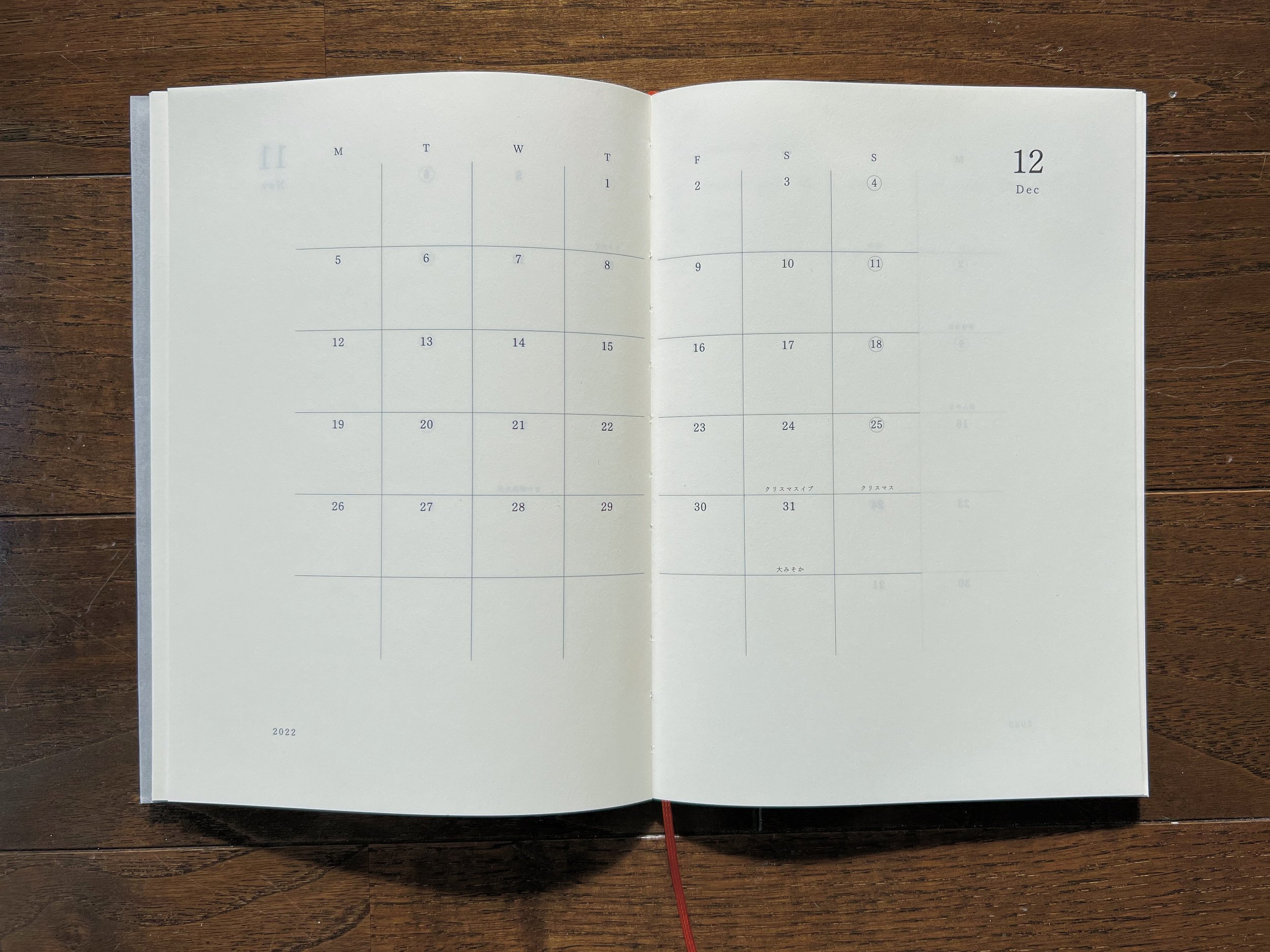It was while writing a diary that I discovered how to capture the living moments.
Anaïs Nin
I journal simply because I need to. I’ve kept a journal off-and-on, since I was about 11. I suppose that’s long and obstinate enough to be classed as a well formed habit! Keeping a journal is also grounding and cathartic in equal measures. Admittedly, my journal is part notebook, part mental repository and part memory keeper. But that is the essence of a journal. The subjectivity - it can be just about anything a person wants it to be.
I know I seem to be constantly quoting Susan Sontag lately, but the woman made a lot of sense. She too kept journals btw, and the insight she unpacks on the subject, well they mean a lot to me…
“ Superficial to understand the journal as just a receptacle for one’s private, secret thoughts—like a confidante who is deaf, dumb, and illiterate. In the journal I do not just express myself more openly than I could do to any person; I create myself. The journal is a vehicle for my sense of selfhood. It represents me as emotionally and spiritually independent. Therefore (alas) it does not simply record my actual, daily life but rather — in many cases — offers an alternative to it.”
Journaling enables me to capture impressions of my present life in a more natural way. Words flow sometimes in synchronicity with my thoughts, other times they fall out, unsupervised and their honesty catches me off guard. No one will ever look at my journals, and I like that. There is no performance in them. So perhaps that is where the sense of freedom lies? I am free to relinquish any appearance of order to the pandemonium that resides in my journals. Crammed with photos, clippings, collages, half ideas, disjointed musings. A chaotic blur of despair, anxiety, goofy things and good things too. I even go as far as doing away with respect for chronological order. It’s my way - no excuse, no apology.
I will leave you with this morsel from Maria Popova (one of my favourite living, breathing and still kicking-ass writers)…
“Journaling, I believe, is a practice that teaches us better than any other the elusive art of solitude — how to be present with our own selves, bear witness to our experience, and fully inhabit our inner lives. ”





